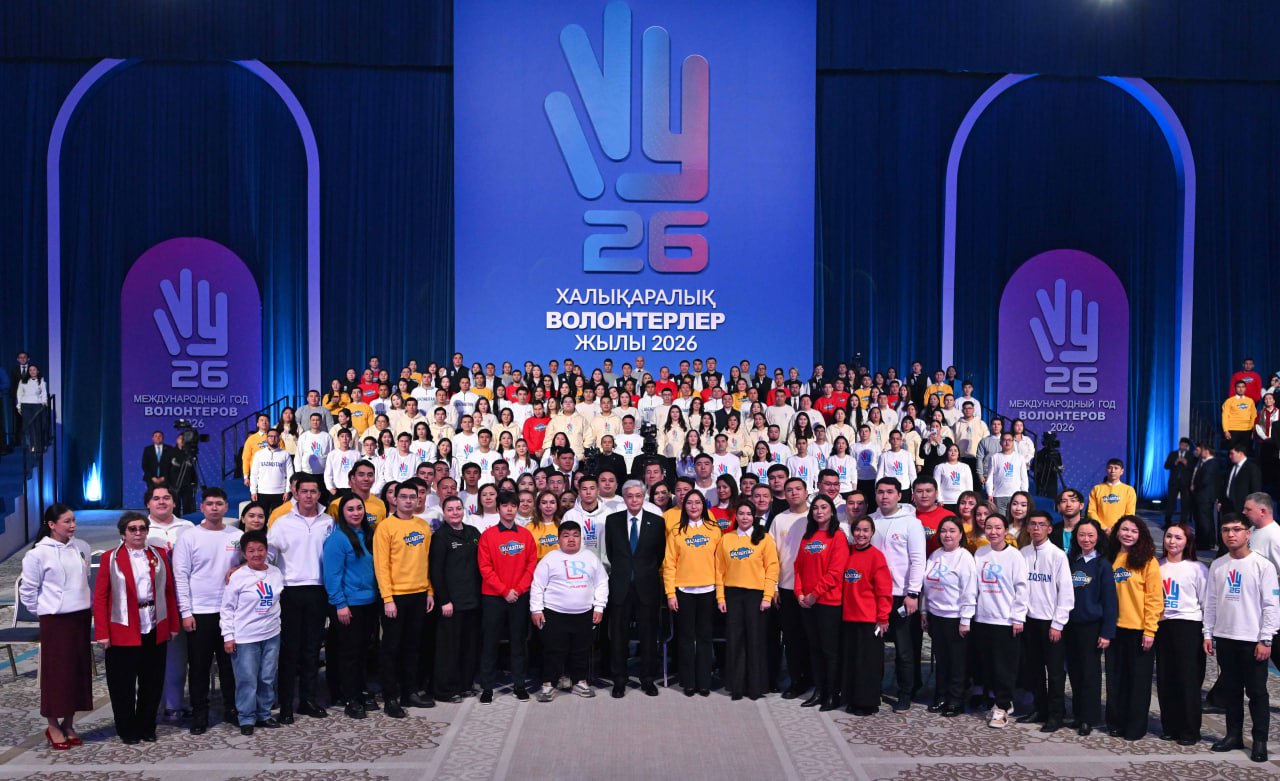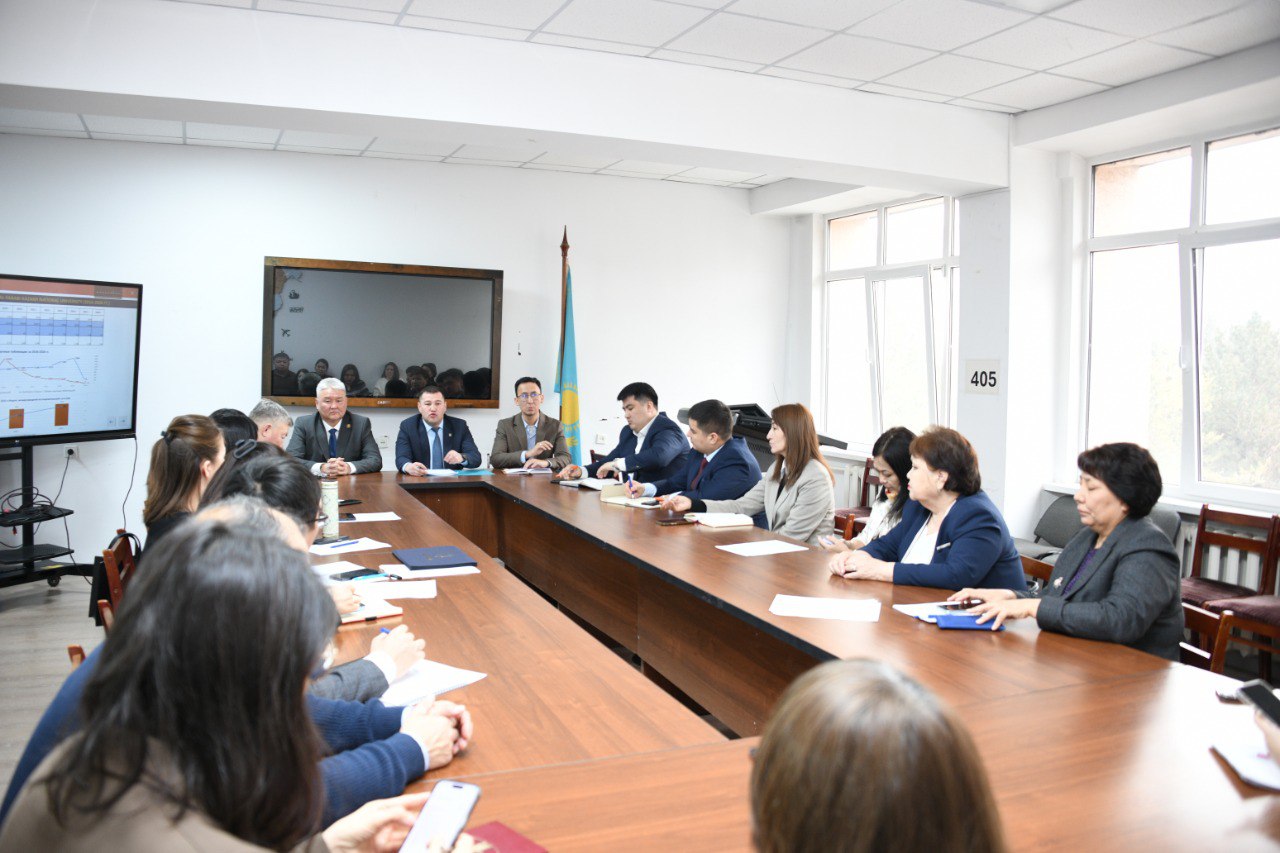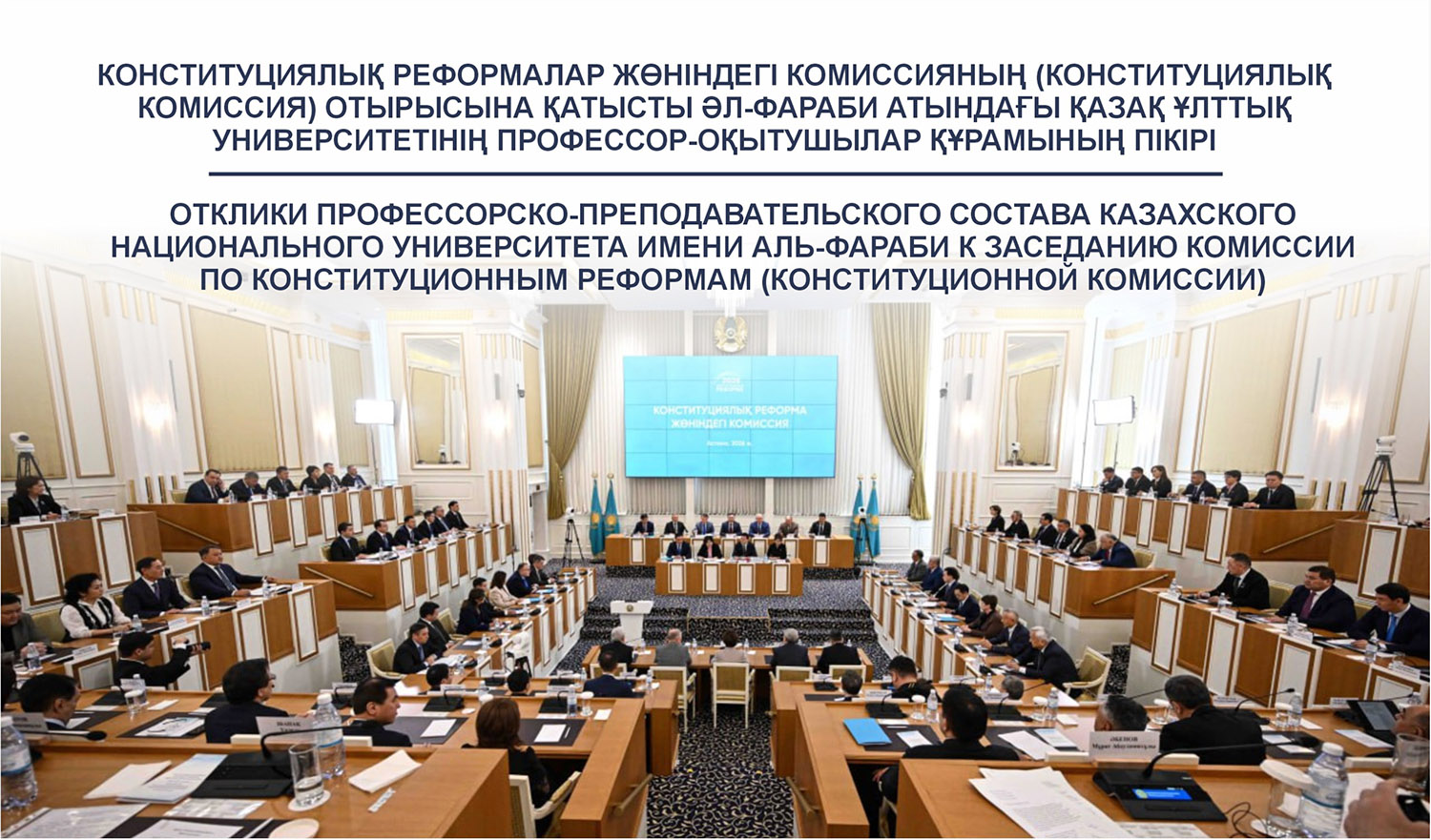The importance of reducing economic, social and religious inequality

On March 25 2025, the senior lecturer of the Department of Foreign Philology and Translation of the Faculty of Philology, Baieli A.Zh. held an event on the topic: “ The importance of reducing economic, social and religious inequality” with the students at Dormitory No. 17 within the framework of SDG 10: “Reducing inequality".
During the event it was emphasized “Reducing inequality" is an important aspect of the Sustainable Development Goals approved by the United Nations. Because the problem of social inequality persists all over the world and is even growing somewhere -there is unequal access to medical and educational services, discrimination based on income, gender, age, disability, sexual orientation, race, class, ethnicity, religion. Inequality negatively affects poverty eradication, socio-economic development and deprives people in society of a sense of satisfaction and self-esteem, causing negative moods, diseases and environmental degradation. Stability cannot be a reality if people are deprived of the opportunity to live a better life. One of the clearest examples of inequality is income inequality. The income gap between countries is narrowing, but income inequality within countries is increasing. Currently, 89% of the world's capital accounts for 10% of the world's population, and the eight richest people in the world have the same wealth as 3.6 billion people. Nevertheless, even in the world's oldest democracies, the fight against racism, homophobia and religious intolerance is still ongoing. We can and must ensure equality and live a decent life for all. Economic policies, social and political strategies should be universal in nature and guarantee equal access to opportunities for all people, paying special attention to marginalized segments of the population.


